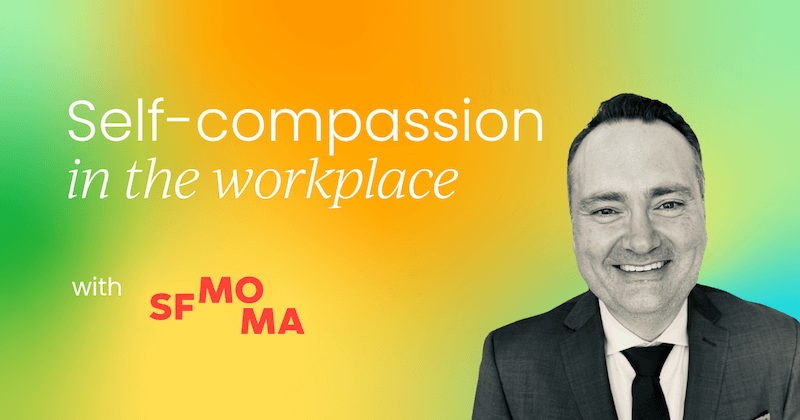My path to becoming a Chief People Officer didn’t begin in HR, it began in a courtroom. I studied criminal law, clerked for a public defender’s office, and spent years thinking I’d build a career there. But eventually, the emotional toll became too heavy, and I pivoted.
That pivot led me to Amtrak, where I took on a role reviewing diversity-related complaints. That’s where I started to notice a recurring theme: most of the problems weren’t strictly about race, gender, or religion. They were about how people were treated — especially by their managers.
The truth is: 95% of the complaints I dealt with came down to a lack of basic compassion and empathy. And that insight has stuck with me ever since.
The red stool : A case study
One of my earliest cases still echoes in my work today. A woman reported being treated unfairly due to her race and gender. Her evidence? She was the only one given a red stool instead of a chair, and that was every single day.
When I confronted her manager, he confirmed it with no hesitation: “Damn right she gets a stool. She knows why.” The reason? She was late to work. He never spoke to her about it, he just swapped her chair for a stool.
That case wasn’t about protected classes. It was about power, communication, and a complete lack of empathy. It made me wonder: how do people like this manager treat themselves?
RuPaul, self-love, and the workplace
Flash forward to 2020. In peak lockdown, I binged RuPaul’s Drag Race. At the end of every episode, RuPaul asks:
“If you can’t love yourself, how in the hell are you gonna love somebody else?”
It hit me: this truth doesn’t just apply to relationships. It applies to work.
If managers don’t have self-compassion — if they’re unkind to themselves — how can they be kind to others? But why am I telling you this? The truth is: Self-compassion is the quiet foundation for creating psychological safety at work. And psychological safety is key to a culture that facilitates good work.



 Follow us on LinkedIn
Follow us on LinkedIn
